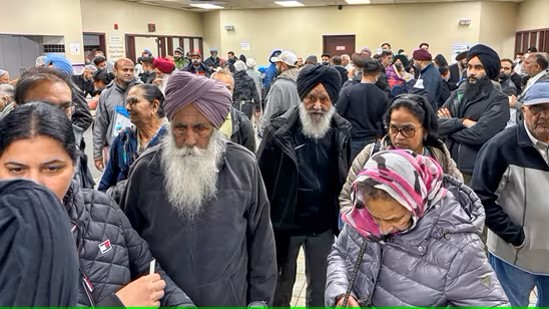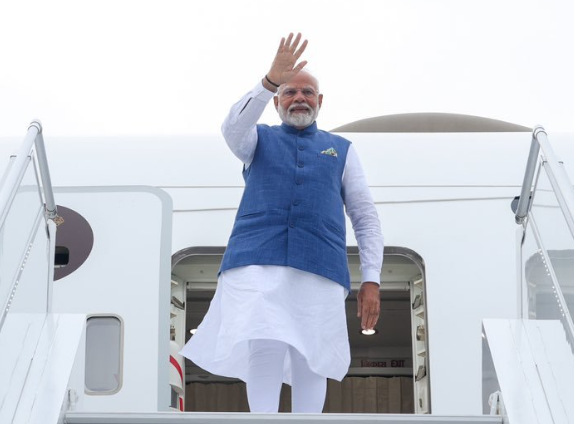On September 23, 2024, Israel significantly expanded its air campaign against Hezbollah, targeting over 300 locations in southern and northeastern Lebanon. This escalation, the deadliest since the 2006 Israel-Hezbollah conflict, left at least 182 people dead and more than 400 injured, according to Lebanon’s Health Ministry. As tensions mounted, Israel urged civilians in southern Lebanon and the Bekaa Valley to evacuate, warning of further strikes aimed at Hezbollah’s weapons sites.
 In response, Hezbollah launched retaliatory attacks, firing rockets at multiple Israeli bases. Israeli Prime Minister Benjamin Netanyahu emphasized that the offensive was part of a broader strategy to shift the security dynamics in the region. Meanwhile, international concern grew, with the United Nations and neighboring countries warning of the potential for devastating regional consequences.
In response, Hezbollah launched retaliatory attacks, firing rockets at multiple Israeli bases. Israeli Prime Minister Benjamin Netanyahu emphasized that the offensive was part of a broader strategy to shift the security dynamics in the region. Meanwhile, international concern grew, with the United Nations and neighboring countries warning of the potential for devastating regional consequences.
Thousands of Lebanese civilians began fleeing the affected areas, sparking a major exodus from the south, with highways congested as people sought refuge in Beirut and safer parts of the country. Hezbollah vowed continued retaliation, intensifying fears of a prolonged conflict.
Iran strongly condemned the Israeli airstrikes, calling them “insane” and warning of “dangerous consequences” for the region. Other groups like Hamas also denounced the attacks, labeling them as war crimes and expressing solidarity with Hezbollah.
As the conflict escalated, calls for international intervention grew louder, with Lebanon’s Prime Minister Najib Mikati accusing Israel of genocide and appealing to the United Nations Security Council for action. China also advised its citizens in Lebanon to evacuate due to the rising danger.
The situation remains highly volatile as both sides continue to exchange fire, raising concerns about a full-scale war in the region.




